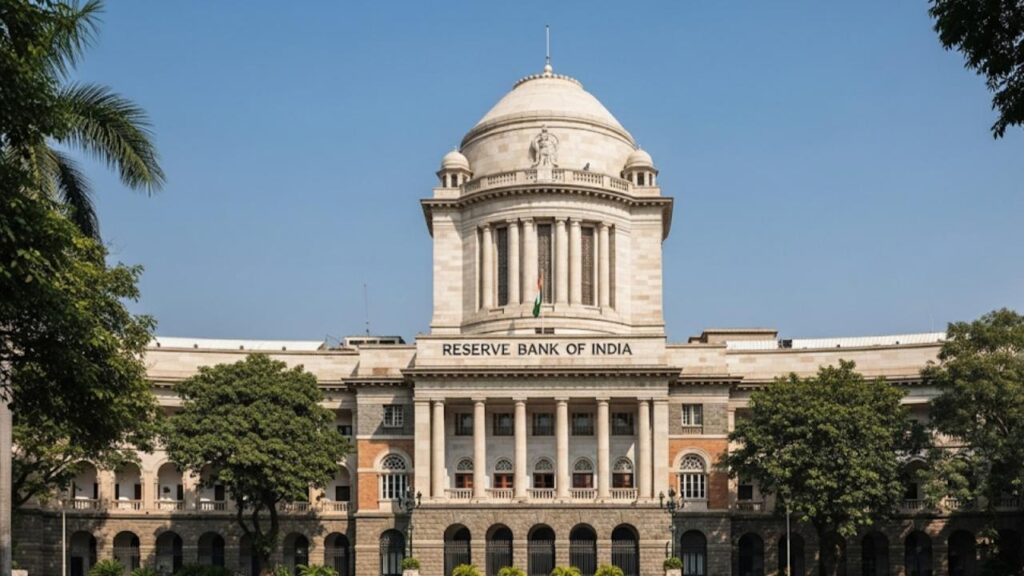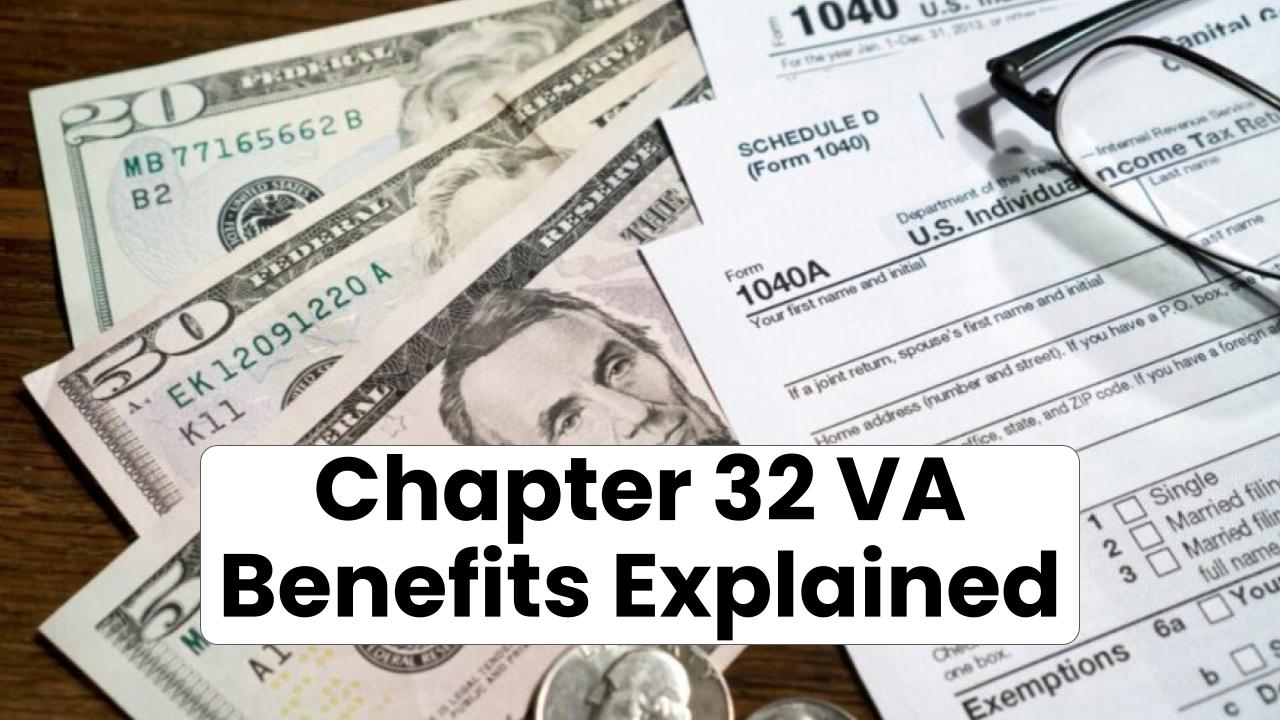In a bold move to ensure the integrity of India’s financial system, the Reserve Bank of India (RBI) has recently imposed hefty fines on four cooperative banks and canceled the licenses of ten non-banking financial companies (NBFCs). This action has sparked discussions about regulatory compliance, transparency, and the future of these institutions, especially for depositors and investors. But what does it really mean for the financial landscape and for you as an investor, depositor, or someone navigating the world of finance? Let’s break it down.

RBI Action: 4 Banks Fined Heavily & 10 Company Licenses Canceled
| Action | Details |
|---|---|
| Banks Fined | 4 cooperative banks have been fined a total of ₹2 lakh to ₹20 lakh for regulatory violations. |
| Companies’ Licenses Canceled | 10 NBFCs across India had their licenses revoked due to non-compliance. |
| Total Fines | The fines imposed by the RBI highlight its commitment to ensuring that financial institutions adhere to the highest standards. |
| Affected Areas | These actions are a clear signal that no institution, big or small, is beyond accountability when it comes to consumer protection. |
| RBI’s Role | The RBI is dedicated to safeguarding the interests of depositors, investors, and the economy by enforcing strict regulatory measures. |
| Depositors’ Protection | Customers of the affected institutions can still receive insurance claims up to ₹5 lakh under the DICGC Act. |
The RBI’s recent actions demonstrate its commitment to ensuring the stability and transparency of the financial system in India. By imposing fines on errant cooperative banks and canceling the licenses of non-compliant NBFCs, the RBI is sending a clear message that no institution is above the law. For customers and investors alike, these developments highlight the importance of staying informed and making prudent financial decisions.
Understanding the RBI’s Action: What’s Happening?
A Quick Overview of the RBI’s Role in India’s Financial System
The Reserve Bank of India (RBI) plays a critical role in regulating financial institutions in India. It ensures that all banks and financial organizations follow the rules set to protect public interest, maintain financial stability, and foster economic growth. The RBI’s recent actions – including imposing heavy fines and canceling licenses – show its commitment to enforcing these rules, ensuring that businesses operate in a transparent and responsible manner.
The Recent Developments: What’s Behind the Fines and License Cancellations?
1. Fines Imposed on Four Cooperative Banks
Recently, the RBI took strong action against four cooperative banks, levying fines ranging from ₹2 lakh to ₹20 lakh. These penalties are for violations in areas such as non-compliance with regulations, improper loan sanctioning practices, and failure to meet necessary cybersecurity standards. Let’s take a look at the banks affected:
- Shahada People’s Co-operative Bank Ltd. (Maharashtra): Fined ₹2 lakh for failing to maintain adequate lending practices.
- Motiram Agarwal Jalna Merchants Co-operative Bank Ltd. (Maharashtra): Fined ₹6 lakh for irregularities involving loans to directors and exceeding the loan limits.
- Sahyadri Sahakari Bank Ltd. (Mumbai): Fined ₹20,000 for violating single borrower limits.
- The Government Employees Co-operative Bank Ltd. (Dharwad, Karnataka): Fined ₹1 lakh for cybersecurity failures and improper KYC processes.
These banks failed to meet RBI’s requirements, particularly in terms of risk management, loan processing, and security.
2. Ten NBFCs’ Licenses Canceled
In a related move, the RBI also canceled the licenses of 10 non-banking financial companies (NBFCs) across India. These companies had failed to comply with regulatory standards, and in some cases, were found to have violated financial norms that compromised their operations. The companies affected include names like Paridhi Training Company Limited and Progressive Securities Private Limited. With their licenses revoked, these firms can no longer engage in financial activities, leaving customers with limited options for recovery.
Why Is This Important?
While this may sound like routine action, it signals the RBI’s strict stance against non-compliance. For ordinary citizens, this means that the RBI is actively working to ensure that their hard-earned money is protected. For investors, these actions serve as a reminder to always evaluate the regulatory health of the institutions they invest in.
A Step-by-Step Breakdown of What This Means for You
How to Stay Safe as a Depositor
- Know Your Rights: If you are a depositor with one of the affected banks or NBFCs, the Deposit Insurance and Credit Guarantee Corporation (DICGC) will insure deposits up to ₹5 lakh per depositor per bank. Make sure you understand the process to claim this insurance if needed.
- Regularly Monitor Your Accounts: Keep a close eye on your accounts and transactions. If anything seems off, raise the issue with your bank immediately.
- Diversify Your Investments: It’s always a good idea to not put all your money into one institution. Spreading your investments across multiple platforms can reduce the risk of losing everything if one goes down.
- Consult a Financial Advisor: For those heavily invested in NBFCs or cooperative banks, it may be worthwhile to consult a financial advisor. They can help you navigate this turbulent time and suggest alternative investment options.
What Investors Should Do Next
- Evaluate the Impact: Understand how these fines and license cancellations may impact the stock prices or valuations of the affected companies. In some cases, these actions could lead to short-term losses for investors.
- Stay Informed: Follow regulatory announcements closely. The RBI is known for its transparency, and its communications can offer valuable insights into which financial institutions are under scrutiny.
- Assess Your Exposure: If you’ve invested in a bank or NBFC that has been penalized or had its license canceled, make sure to assess your exposure. You may need to rebalance your portfolio to reduce risk.
- Monitor Financial Health: When investing in banks or financial companies, always monitor their quarterly reports, financial health, and RBI audits. A healthy company will generally stay compliant with regulatory standards.
FAQs
1. What happens if I have money in a bank that has been fined by the RBI?
If you have a deposit in a bank that has been fined, your deposit is still secure as long as the bank remains operational. However, if the bank’s operations are suspended or the bank is liquidated, your deposit may be insured by the DICGC up to ₹5 lakh.
2. How do I know if my bank or NBFC is safe?
To check whether your bank or NBFC is safe, you should look at the RBI’s official reports and the bank’s financial health indicators. Additionally, if your institution is listed on the stock market, you can analyze quarterly reports and performance.
3. What is the DICGC?
The Deposit Insurance and Credit Guarantee Corporation (DICGC) is a subsidiary of the RBI that provides deposit insurance to all commercial banks, regional rural banks, and cooperative banks. It protects up to ₹5 lakh per depositor per bank.
4. Why does the RBI impose fines on banks?
The RBI imposes fines on banks to ensure they follow regulatory guidelines. These fines act as a deterrent and ensure that financial institutions maintain proper standards, protecting the public from financial risks.








